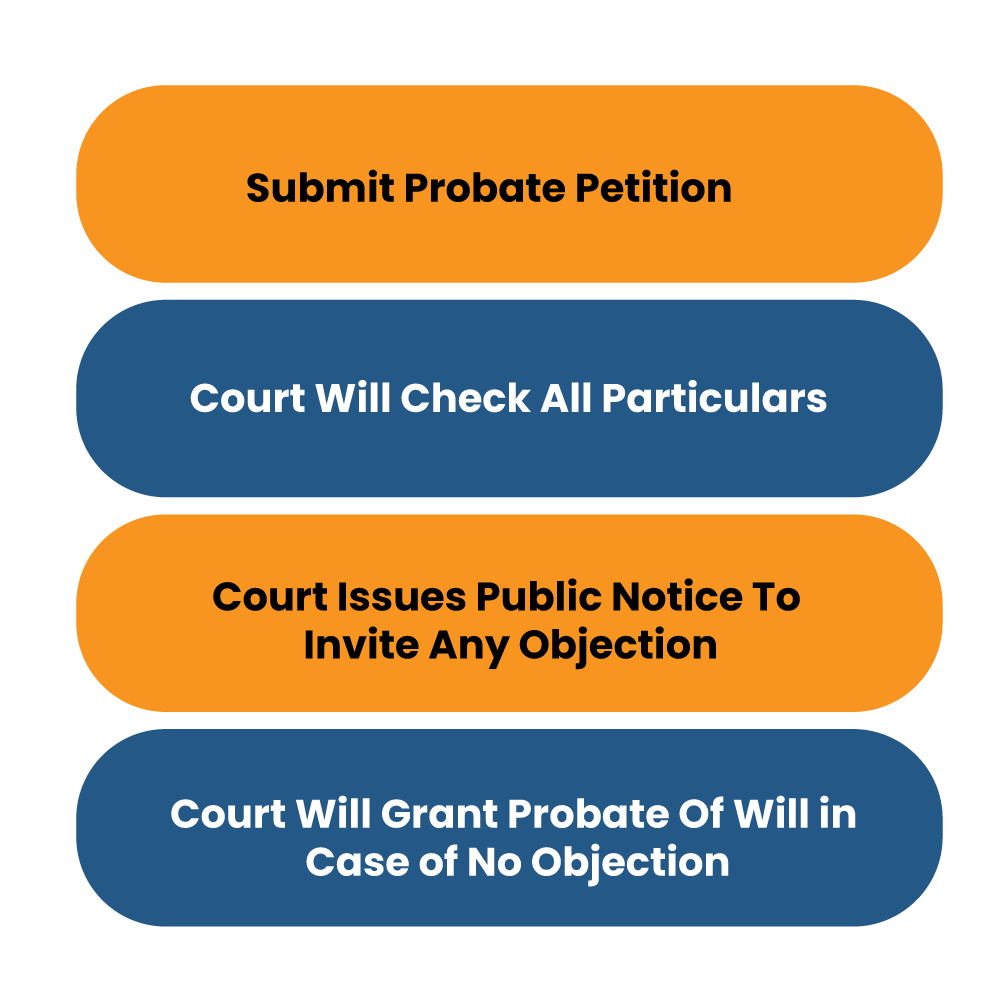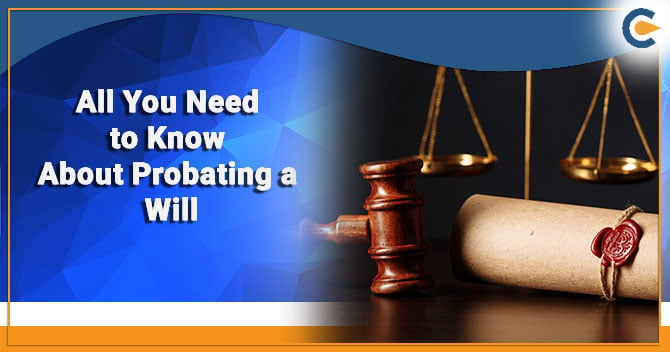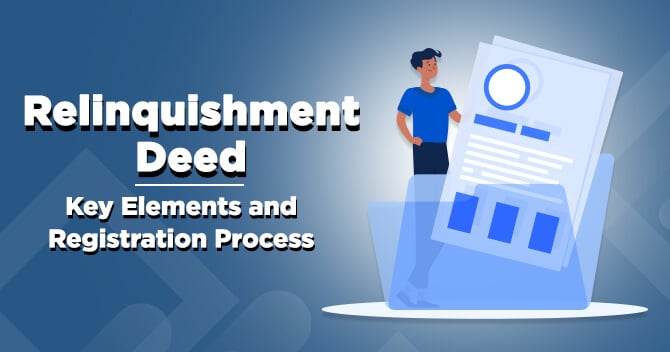A Will is a declaration of a person’s intent regarding his/her property to take effect after his/her demise. A probate is a legal version of a will issued by the respective court that acts as proof of its authenticity. One of the primary objectives of the laws regulating succession is to give effect to a deceased individual’s intention. The law, within its boundary, strives to support the Will of the individual made with complete liberty and conscience. But, sometimes, Will’s validity may encounter legal proceedings in a court of law. This is when probate comes to light to prove the enforceability of a Will. The term “Probate” is originated from the Latin Phase’ probare’, which implies to have proven. A probate is a legal process in which ‘Will’ is scrutinized to check whether it is authentic or not. Thus, probate gives legal recognition to a ‘Will’ declared by the competent Court. An executor is an individual who supports the deceased to oversee & distribute the property among heirs. An executor may either be appointed by the Court or by name in the Will for this purpose. In this write-up, we will talk about All You Need to Know About Probating a Will.
What is the Significance of a Probate, and is it Mandatory?
No, not all ‘Wills’ seek probating. But, obtaining probate has several benefits besides being a legal requirement in some cases. For instance, in the event of a conflict between siblings, Will’s validity may be questioned at a later stage by producing an optional Will. A Probate mitigates this by ruling on the fundamental validity of the Will. The following are the scenarios where a Will seeks probating from the Court.
Wills that are made in the areas of Orissa, Bengal, Assam & Bihar, and within the limits of the ordinary original civil jurisdiction of the High Courts of Bombay and Madras. Wills that are made apart from these areas where the property is located also seek probating.
The Indian Succession Act also includes that probate is only needed for Wills prepared by Buddist, Hindu[1], Jains, or Sikh. Therefore, no probate is mandatory for Will prepared by Muslims.
What Happens if Someone Avoids the Process of Probating?
A Will that seeks probating tends to lose its legal significance if it is prepared outside the Court of the competent jurisdiction. Therefore, in such an event, the successors will face disappointment regarding the inherited property claim. Moreover, the Will’s Executor loses the right to leverage legal proceedings against claiming ownership.
Read our article:Relinquishment Deed: Key Elements and Registration Process
Who Should Get Probate Issued?
It is Will’s Executor or the Administrator who must visit Court with a probate application. While it is common to appoint a family member or friend as the Will’s Executor, it’s worth noting that getting probate or paying taxes for the property, mainly if there are several assets, it might be good to appoint someone who has legal acumen.
This is also why we have witnessed a significant increase in professional executorships, where a professional may handle the administrative difficulties during the probating process. But, in the absence of the Executor, the beneficiaries mentioned in the Will could also visit Court to complete the probating process.
Document Required for Probating a Will and Fees Payable
Every State where probating is needed has its own Suits Valuation Act and Court Fee; the State will evaluate the exact fee, but the fee is estimated as a percentage of the asset’s value. Some of the important document includes-
- Deceased’s Original Will
- Death Certificate
- Title Deeds related to immovable property cited in the Will.
- Documents related to the Movables cited in the Will.
How does the Court Decide Will’s Validity?
When a petition for probate’s grant is filed before the Court of Original Jurisdiction or High Court, the Court issues a notice at the primary stage, which is further made publicly available via a newspaper publication.
In case of any objection, the petition is turned into a basic suit where parties would share their concern & evidence is scrutinized, after which the honorable Court issues the judgment on the Will.
What is the Process of Probating of Will?


The process for Will’s Probating is divided into four stages:
- The first and the foremost step involves application submission to District Judge via a probate petition, duly verified and signed by the applicant or his/her representative. The probate petition must be filed in a standard format under the Code of Civil Procedure, 1908, and it shall be provided after seven days of the testator’s death.
- Next, send the application to the High Court located in the jurisdiction where the property exists. Then a lawyer share files an application; in some scenario, the lower Court can accept the application.
- One needs to furnish specific documents that can reflect the authenticity of the Will, death certificate & other documents. These will authenticate that the testator has free Will.
- Upon receiving the said application, the Court examines all the detail for validity. Then it asks the nearest kin for claiming the probate. Lastly, it manifests the invitation letter at designated locations for inviting the objection. If, after 30 days, no objection is confronted, the Court will stamp their approval for the probate’s issuance.
Conclusion
Probating a Will isn’t a tedious process as all you need is the right set of documentation and a legit professional’s supervision. A Will that lacks legal enforceability is prone to dispute. Therefore, probating is not an option but a necessity.
Read our article:What Website Policy is all about?











